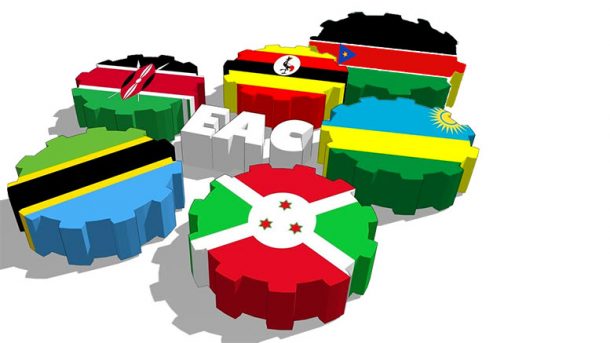Trade Mark East Africa in partnership with the County Government of Busia has taken the initiative to educate women on the importance of climate change, environment, social safeguards and trade. The Chief Officer Trade, Industry, Investment and Cooperatives, Mr. Kennedy Mbaja asked women in business to invest in cereal crops that produce edible oil. “As a county, we are about to have our own industrial park and what can we do that is unique from others? Let us form groups and register with cooperatives and plant simsim, groundnuts, avocado, sunflower and soya beans which will help us get oil and its by-products,” he said. He said that Busia County has favorable climate and soil for production of groundnuts, cashew nuts, simsim, soya beans and sunflowers that are rich in production of oil. “We urge farmers to try oil palm, sesame, sunflower, groundnuts and soya beans on a large scale to supplement the sugarcane they have been growing for many years now,” noted Mbaja. Project Manager PROCESS Limited Mr. Patrick Ino said the overall objective of the workshop is to help women in trade to increase income and their capacity to participate in trade and also improve their resilience towards climate change. “Today we want to empower women to overcome the challenges that come with climate change, adaptation and mitigation of environmental issues in line with World Bank environment and social safeguard standards,” he revealed. Women trading in various commodities including fish, fruits, and general hotel foodstuff have been introduced...
Over 200 Cross Border Women Trained On Savings And Clean Energy
Posted on: February 23, 2023
Posted on: February 23, 2023
























